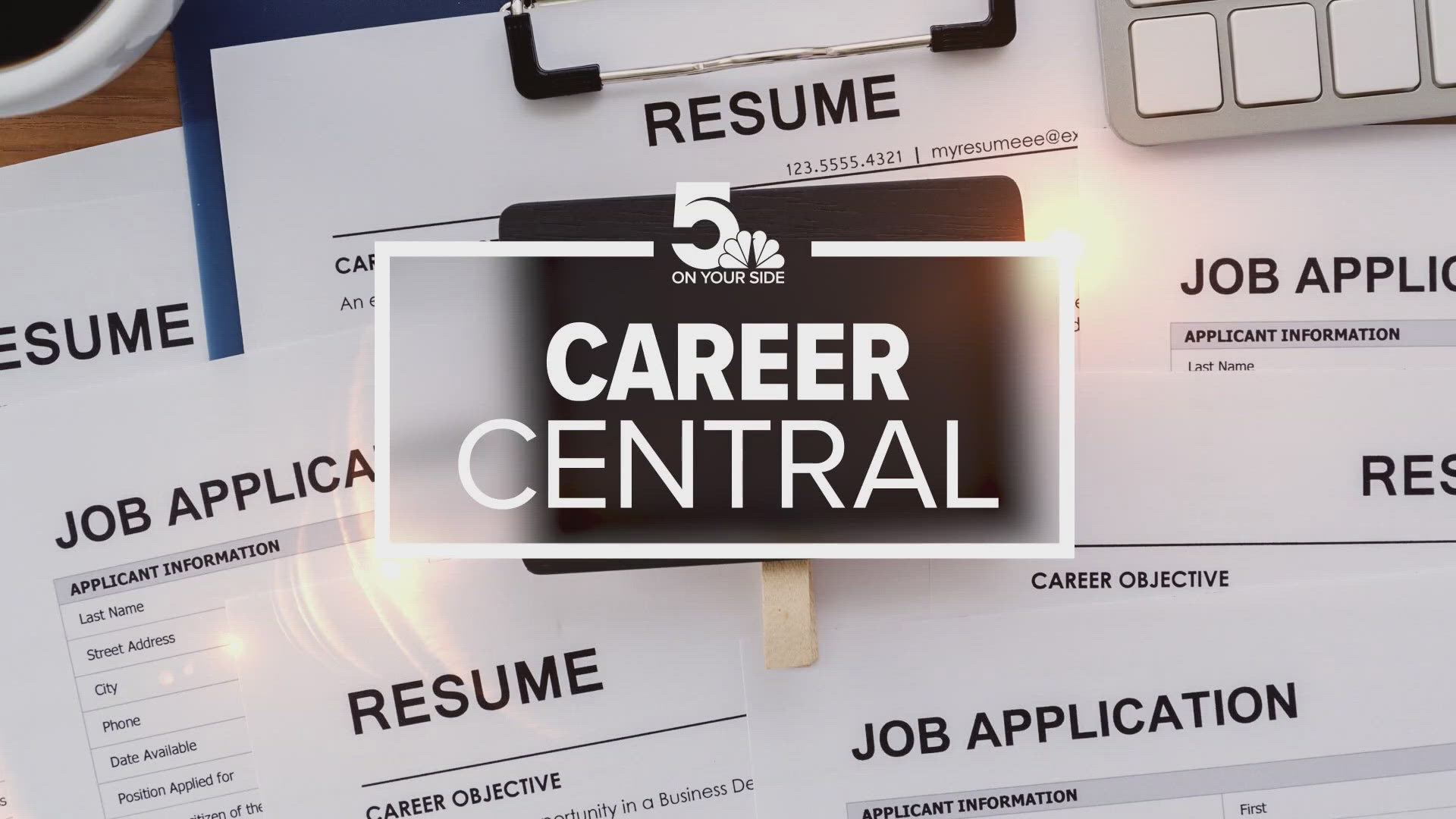Where do lower-income Americans turn when faced with immediate bills and no money with which to pay them? Most turn to the payday loan industry, which offers short-term loans in exchange for fees and high interest rates. These loans are generally $500 or less and are called "payday" loans because the borrower is expected to pay it back upon receipt of their next paycheck.
According to the Consumer Financial Protection Bureau (CFPB), the payday loan industry is taking advantage of their vulnerable customer base, trapping too many consumers in a constant cycle of renewing loans that they simply can't pay off.
The Community Financial Services Association of America (CFSA) lists an average fee of $15 for every $100 taken out in payday loans. That cost may not sound bad – but because of the short timeline involved, it's the equivalent of a nearly 400% annual percentage interest rate (APR).
According to the CFPB, 80% of payday loan borrowers pay within the month but 25% end up re-borrowing over eight times – in some cases simply rolling over the loan and adding increased fees and/or interest charges.
CFPB recently announced their final rule to regulate the payday loan industry and bring it closer to a more traditional loan structure. Until now, the industry has been regulated by a patchwork of state laws that leave payday loan services virtually banned in some states and thriving in others.
The CFPB rule protects the payday loan consumer in two major aspects:
1. Assessing Ability to Repay – Payday loans are the choice for many low-income borrowers because they do not require credit checks and other financial assessments. In exchange for that higher risk, payday loan operators charge considerably higher interest rates and fees. The rule would require payday lenders to assess the ability to repay by looking at income, expenses, and other financial obligations – in essence, by pulling a credit report. You can check your credit score and read your credit report for free within minutes using Credit Manager by MoneyTips.
Lenders can make a single loan of up to $500 with few restrictions, as long as the borrower does not already have an outstanding payday loan. If a borrower takes out more than three loans in quick succession, they must be cut off from more loans for at least 30 days.
2. Limiting Automatic Withdrawals – For payday loans and other longer-term loans that have APRs above 36%, lenders can't continue to attempt to withdraw funds automatically from the borrower's bank account after two failed attempts unless authorized by the borrower to do so.
The CFPB rule is set to take effect in July 2019 – assuming that it is not stifled by the efforts of the payday loan industry and a regulation-averse Republican Congress. All parties agree that payday loans are likely to drop sharply under this new rule. CFPB estimates a 55% drop in payday loans, while industry-related estimates are closer to an 80% decline.
According to industry estimates, the current average of $37,000 annual profit will flip to a $28,000 deficit – driving most payday loan outlets out of business.
Clearly, there's a market for this service. According to the Pew Charitable Trusts, approximately 12 million Americans take out payday loans annually, paying over $7 billion on fees. The New York Times recently noted that payday loan outlets in the U.S. outnumber McDonald's restaurants. If these consumers can't get access to payday loans because of poor creditworthiness, what are their alternatives?
CFPB expects that credit unions and smaller community banks will fill the gap. Some credit unions already offer payday alternative loans (PAL) that are exempt from CFPB criteria. These loans must be between $200 and $1,000, have interest rates lower than 28% APR, and combined interest rates and fees of less than 36% APR. Community banks are now in a similar position to offer alternatives, but these are not marketed for a simple reason – just like the payday loan outlets, it's difficult for banks to make money on these shorter-term, higher-risk loans.
It remains to be seen whether the CFPB rule will protect lower-income consumers or throw them into riskier – shall we say, "unregulated" – forms of borrowing. The CFPB rule may also be thwarted by Congressional or Presidential action before it can take effect.
However, we can say with certainty that the best way to avoid being harmed by payday loans is never to take one out. Do everything in your power to control expenses and avoid a payday loan situation – and, if you have no choice, read the terms carefully so you fully understand the risks that you are taking on.
If you are interested in a personal loan, visit our curated list of top lenders.
This article was provided by our partners at moneytips.com.
To Read More From MoneyTips:
Photo ©iStockphoto.com/relif


